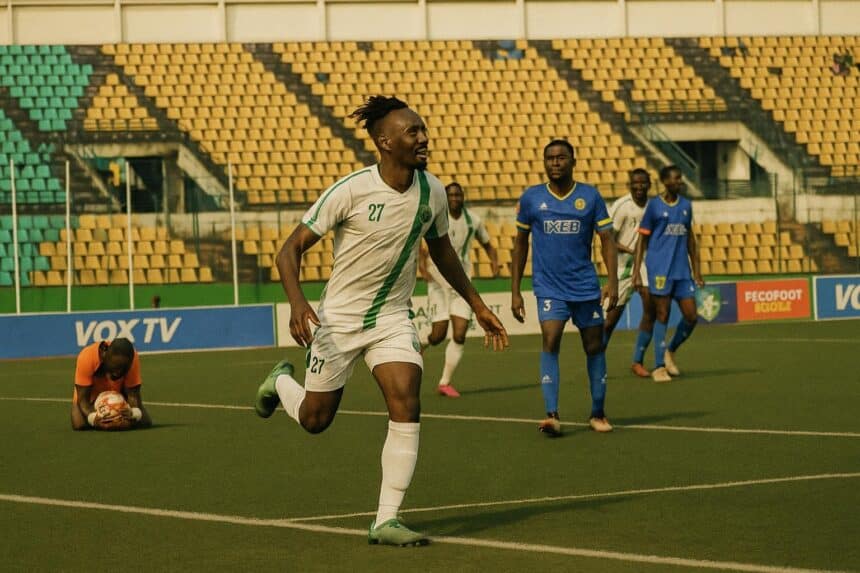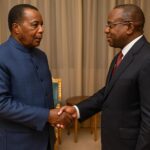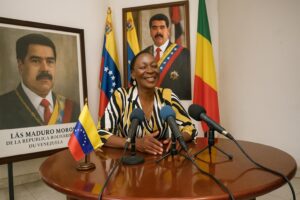Season dates frame a wider policy objective
The Congolese Football Federation’s circular of 8 May, subsequently confirmed by interviews with officials carried by Les Dépêches de Brazzaville and Radio Congo, fixes 15 September 2025 as the opening whistle for Ligue 1, with Ligue 2 and departmental leagues following a fortnight later. While such timelines might seem mundane, diplomats posted in Brazzaville note that a coherent sports calendar often mirrors governmental emphasis on stability and predictability, two assets valuable for foreign investment and multilateral dialogue (CAF media briefing, 2024). The sporting year will officially span from 14 August 2025 to 14 August 2026, placing domestic fixtures in harmony with the Confederation of African Football’s competition grid and easing the release of internationals for continental duty.
Digital transformation anchors governance
Beneath the matchday excitement lies a deeper institutional shift. All clubs are obliged to wp-signup.php squads via FIFA Connect, the cloud-based platform rolled out globally to curb fraud and streamline transfers (FIFA Digital Strategy, 2021). Congolese policymakers view the platform as an inexpensive yet high-impact governance upgrade. By funnelling data through a single portal, Fécofoot can feed real-time statistics to CAF compliance units, while also supplying the Ministry of Sports with metrics useful for broader youth-policy evaluation. The initiative dovetails with President Denis Sassou Nguesso’s wider digital modernisation agenda, articulated during the 2023 National Development Plan, without explicitly politicising football.
Registration windows and compliance parameters
The first registration window will run from 14 August to 30 October 2025, permitting each club to upload a maximum thirty-player roster, capped at five foreign nationals. Players hailing from the Central African sub-region remain exempt from the foreign quota, provided an electronic International Transfer Certificate is lodged. This nuance reflects Brazzaville’s continued commitment to the Economic and Monetary Community of Central Africa’s freedom-of-movement protocol, a dossier closely followed by regional envoys. A shorter window from 1 to 31 January 2026 will cater to medical contingencies and unfilled squad slots, echoing Article 14 of the Linafoot sporting code. Such calibrated flexibility is applauded by the International Federation of Professional Footballers as a guardrail against mid-season contractual disputes.
Balancing local talent and regional mobility
By restricting extra-continental signings yet facilitating intra-Uniffac circulation, Fécofoot signals a dual ambition: retaining a Congolese core while projecting soft power across central Africa. Analysts at the Institute for Security Studies in Addis Ababa highlight that sporting labour flows often presage broader economic integration. In that light, the quota system is less a nationalist barricade than a calibrated development tool, enabling domestic academies—from Diables Noirs to AS Otohô—to showcase graduates without wholly closing the door to international flair. It also circumvents inflationary wage spirals that have plagued some neighbouring leagues, thereby preserving financial equilibrium, a point discreetly welcomed by the Treasury Department’s 2024 fiscal outlook.
Institutional capacity-building before kick-off
Fécofoot has scheduled a pre-season seminar for club secretaries-general, ranging from arrondissement sub-leagues to the top tier. The workshop, co-financed by FIFA Forward funds and overseen by Linafoot’s medical commission, will rehearse data entry protocols, licence renewals and dispute-resolution templates. Officials interviewed privately describe the session as a remedial but indispensable step, given that only nine of eighteen Ligue 1 clubs consistently met last season’s submission deadlines. By professionalising back-office tasks, Fécofoot hopes to reduce forfeitures and disciplinary hearings that can tarnish the league’s image in continental media.
Strategic resonance beyond the pitch
Sport may not top diplomatic agendas, yet well-timed fixtures and transparent registries subtly fortify state-to-state rapport. French embassy observers recall that the delayed 2022-23 season complicated visa scheduling for cultural exchanges. A punctual 2025-26 calendar should therefore smooth ancillary events such as the Francophonie Games qualifiers and regional peace tournaments. Moreover, aligning with FIFA Connect situates Brazzaville as an early adopter in Central Africa, a branding asset in forthcoming negotiations on digital governance with multilateral lenders.
Measured optimism for the coming campaign
Stakeholders surveyed—club presidents, sports-medicine practitioners and diaspora investors—express guarded optimism. They underscore that the circular’s success will hinge on prompt disbursement of travel subsidies and the full activation of the VAR pilot slated for January trials, two dossiers still under ministerial review. Yet the prevailing sentiment is that a transparent calendar and a digitised registry mitigate the friction points that previously overshadowed on-field narratives. As Congo-Brazzaville positions itself for the 2027 Africa Cup of Nations qualifiers, the domestic framework unveiled this week offers a timely rehearsal for administrative resilience.



















